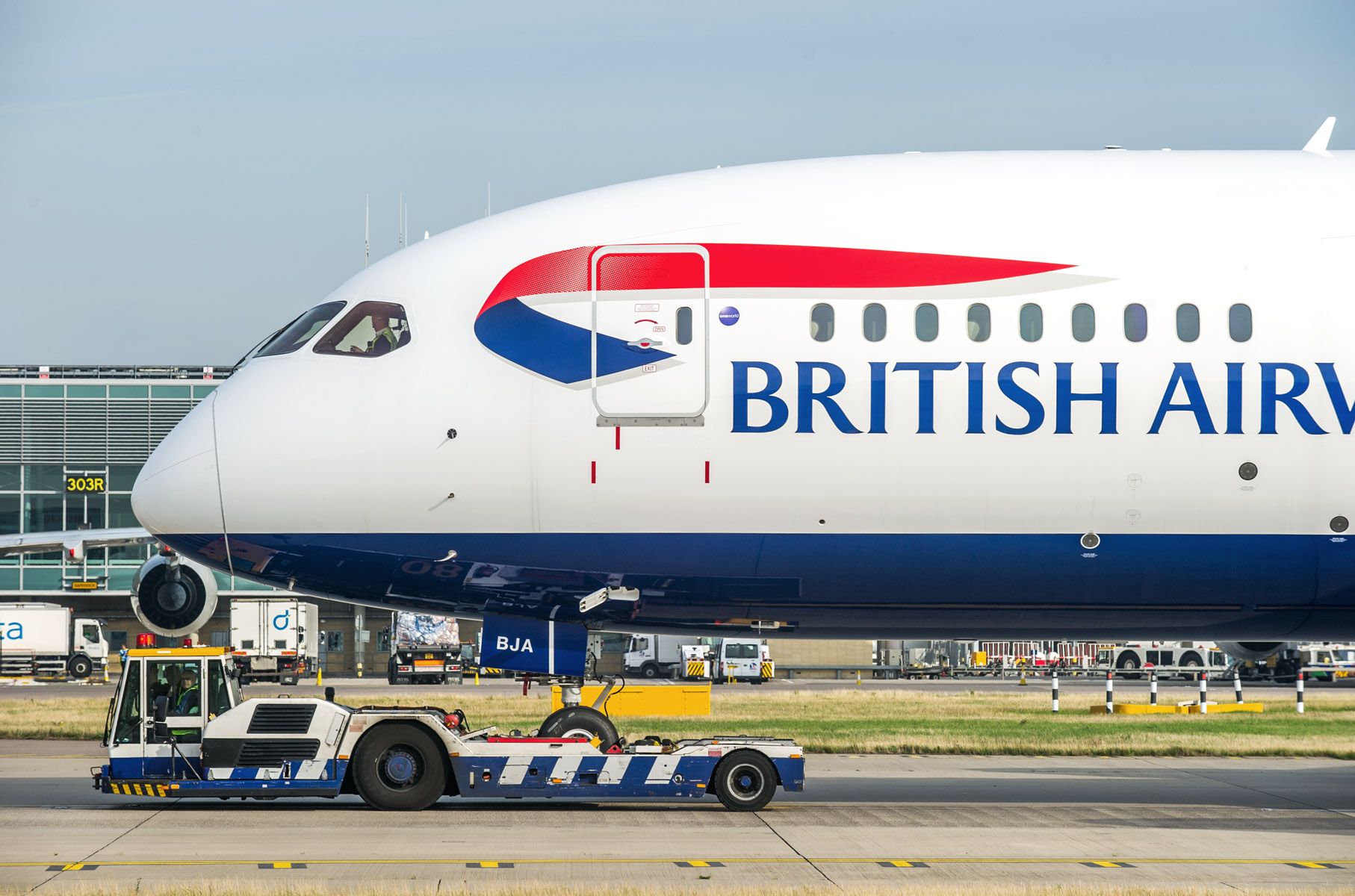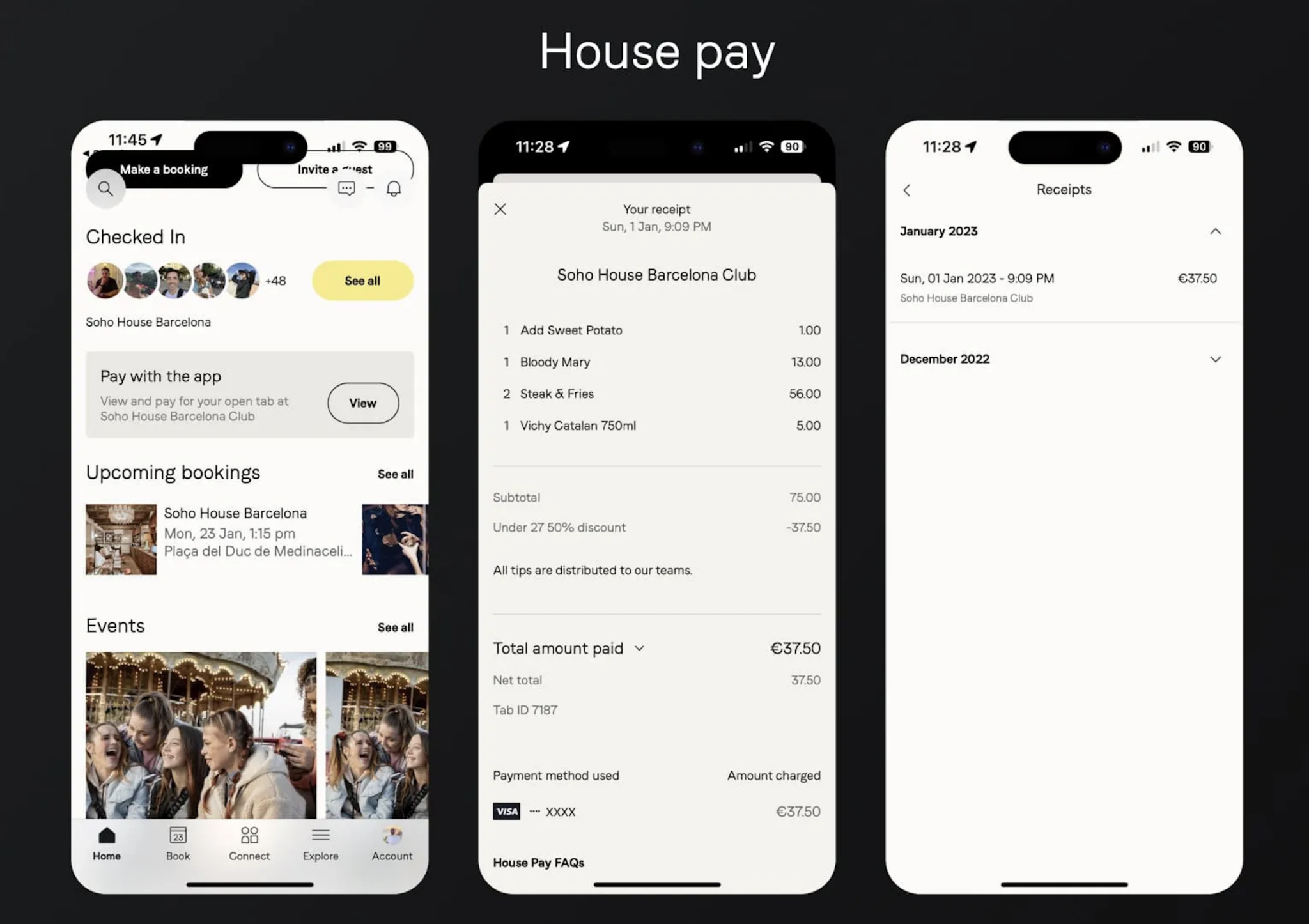TBO Tek’s IPO Is Coming: What We Know About Its Business

Skift Take
India’s TBO Tek will start lining up buyers for its IPO this week and shares should start trading on May 15. In all, it hopes to raise INR 15.5 billion ($180 million).
The IPO also comprises a fresh issue of INR 4 billion ($48 million) and an offer for sale of up to 15.6 million shares by its promoters Gaurav Bhatnagar, Manish Dhingra, LAP Travel, and investors TBO Korea and Augusta TBO. Post-issue, promoter stake is expected to reduce from 51% to 44%.
As a private company, TBO had in the past only revealed so much about its business. But the IPO prospectus tell us a lot. Here’s what we learned reading it:
What TBO Does
TBO Tek (formerly known as Tek Travels) was established in 2006 with the aim of simplifying airline ticket bookings for travel agents. Now it’s a global B2B travel platform: It does not sell directly to travelers – it’s a hub where travel agents can book flights, hotels, car rentals, transfers, cruises, insurance, cargo, marine, rail, and sightseeing.
TBO’s prospectus says there are over 750 airlines accessible through its platform and over a million hotels worldwide.
It’s global: TBO Tek has serviced over 159,000 buyers across 100 countries, and the platform makes it easy for agents to pay in their own currency while suppliers get paid in theirs. The TBO platform supported payments in over 55 currencies.
How TBO Makes Money
TBO’s revenue comes from two main sources:
- B2B Rates: It negotiates special rates with suppliers, adds a markup, and passes them on to buyers. TBO says this model is typically for its contracts with hotels.
- Commissions: When a supplier sets their own price, TBO earns a commission on each booking, part of which it retains and part of which it shares with the buyer to incentivise them. Major revenue in this segment comes from air tickets.
The prospectus mentions that the commission earned is higher for hotels and ancillary offerings and stood at 8.1% for the nine months ending December 2023, compared to around 2.6% for air tickets.
How Much TBO Makes
For the first three quarters of fiscal 2024 (April 2023 to December 2023), here are the numbers:
Revenue: INR 10.2 billion ($122 million)
Growth: 31%
EBITDA: INR 1.9 billion ($22 million)
Growth: 32%
Net Income: INR 1.6 billion ($19.2 million)
Growth: 24%
Cash Position: INR 4 billion ($48 million)
Ownership And IPO Details
Gaurav Bhatnagar and Ankush Nijhawan are the co-founders and joint managing directors of TBO Tek. In 2018, Affirma Capital had invested around $42 million to acquire a 46% stake in the company.
Global investor firm General Atlantic had acquired a minority stake in TBO from Affirma Capital last October. Affirma divested around 7% of its stake in the company through the deal with General Atlantic.
The current IPO price band has been set at INR 875-920 ($10.50 – $11). Prior to the commencement of the issue, market observers report that TBO Tek’s shares are trading at a premium of INR 520 ($6.2) in the grey market. This suggests that the anticipated listing price for TBO Tek shares may reach a 56.5% premium.
Business Verticals
- TBO Academy: An online learning platform for travel agents and partners, providing free access to learning modules on destinations, hotels, soft skills, and industry-specific knowledge through e-learning programs, videos, presentations and quizzes.
- TBO+: A booker rewards program exclusively for buyers, allowing them to earn and redeem reward points for local lifestyle and travel options. It operates on a tier-based system, rewarding points for transactions made through the platform.
- ZamZam and Kizan: Catering to travel services in Saudi Arabia, ZamZam focuses on religious travel, particularly Umrah, while Kizan serves inbound leisure travelers to the kingdom.
- Paxes: A mobile-first corporate travel platform and self-booking solution designed for corporates and travel management companies to manage global business travel.
- Travel Partner Solution: Enables loyalty platforms to sell travel products globally without investing in technology
- Roamer Application: A personal e-planner for trip management, organizing reservations and providing essential travel information for both travel agents and travelers worldwide.
International Operations
Middle East: TBO entered the Middle East market in 2011, focusing on four key countries: United Arab Emirates, Saudi Arabia, Kuwait and Qatar.
TBO also works with Saudi Tourism Authority to drive some of its tourism focused initiatives and its new brand Kizan helps focus on inbound tourism in Saudi Arabia.
Middle East gross transaction value:
Fiscal 2021: INR 3.2 billion ($38.3 million)
First nine months of fiscal 2024: INR 31.5 billion ($377 million).
Europe: TBO also noted that its gross transaction value in Europe improved following the B2B accommodation wholesaler BookaBed’s acquisition last year in February, further expanding its presence in Ireland and the UK.
In December of last year, TBO acquired Jumbonline, a distribution platform based in Spain serving wholesalers and tour operators.
European gross transaction value:
Fiscal 2021: INR 689 million ($8.3 million)
First nine months of fiscal 2024: INR 23 billion ($275.5 million)
As of December 31, 2023, TBO had 2,000 employees globally, including off-roll persons with 28 offices in India, 3 in UAE, 2 in Saudi Arabia and 1 each in China, Ireland and Brazil.
Approach to Future Acquisitions
TBO plans to allocate INR 400 million ($4.8 million) of its net proceeds in the IPO towards strategic acquisitions and/or investments. The company said the deployment of funds would be determined by the management, considering timing, size and nature of acquisitions.
When assessing potential acquisitions, TBO said it would prioritize companies with expertise in the travel domain, those that complement its existing business or offer connected extensions.
It has said it looks to acquire companies that possess strong supply/distribution capabilities, to help expand its geographical presence, enhance service offerings, and strengthen its platform.
The company intends to use INR 1 billion ($12 million) out of the net proceeds to invest in its material subsidiary to support the growth of its overseas business.





